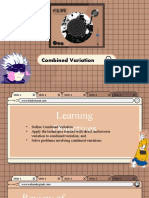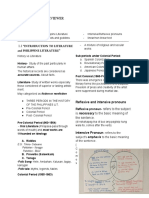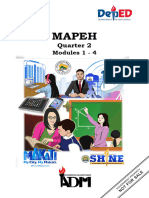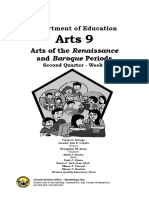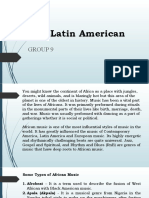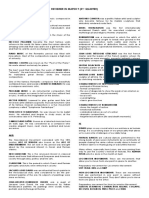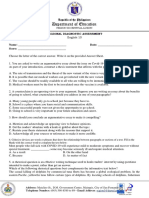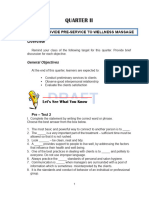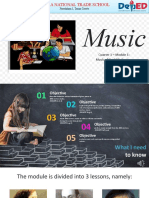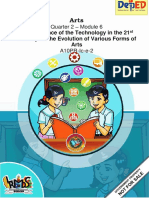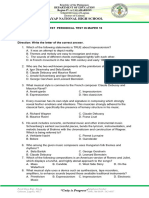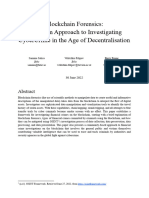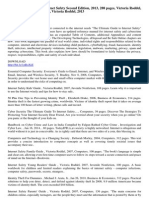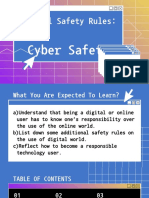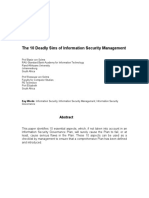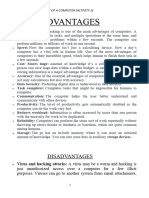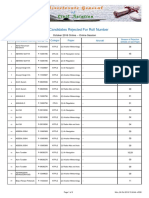0% found this document useful (0 votes)
572 views21 pagesQ2 PPT HEALTH10 Week 2 Social Health Related Issues
Uploaded by
bealynnetallawanCopyright
© © All Rights Reserved
We take content rights seriously. If you suspect this is your content, claim it here.
Available Formats
Download as PPTX, PDF, TXT or read online on Scribd
0% found this document useful (0 votes)
572 views21 pagesQ2 PPT HEALTH10 Week 2 Social Health Related Issues
Uploaded by
bealynnetallawanCopyright
© © All Rights Reserved
We take content rights seriously. If you suspect this is your content, claim it here.
Available Formats
Download as PPTX, PDF, TXT or read online on Scribd
/ 21








